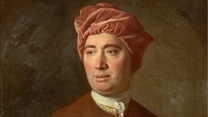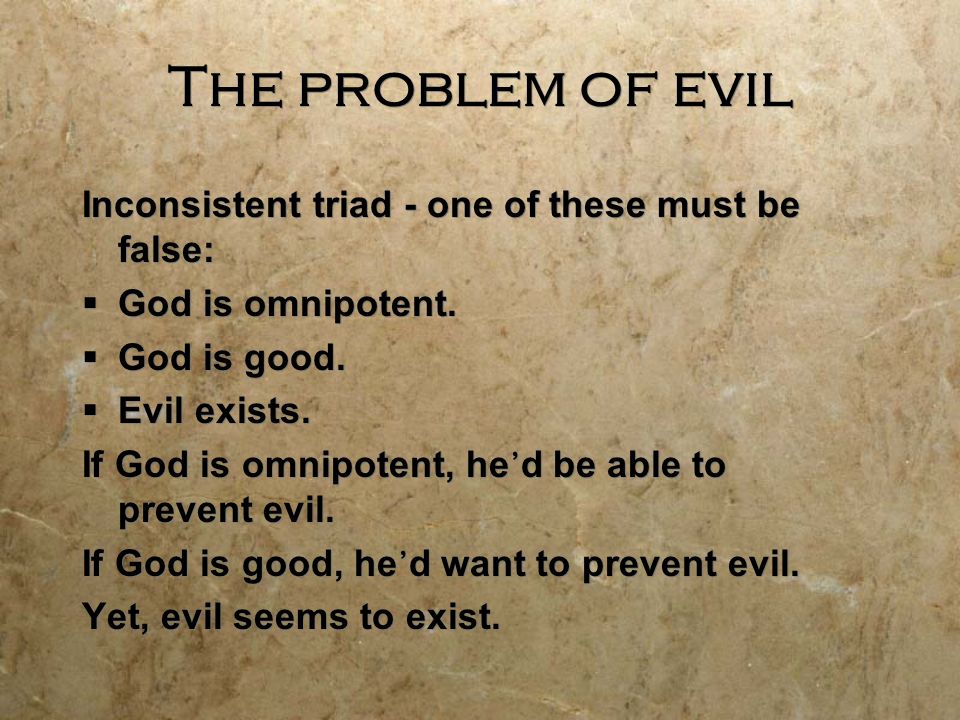
He was born in Edinburgh in 1711 the youngest of three children. His Father died when he was two and his mother was an extremely strong influence upon him; indeed, no other woman, despite a number of romantic interests, seems to have been able to win his affection (perhaps as a result). During his lifetime he wrote about a huge range of topics (including ethics, aesthetics, causation, determinism, history and the self) but he is now chiefly remembered for his work on Philosophy and Science.
He was the final thinker in a line of three great British empiricists (the others being John Locke and George Berkeley) and he left his most potent work to be published after his death in 1776. Dialogues Concerning Natural Religion was a bold and radical analysis of religion - he challenged most of the accepted ideas of his era such as that the natural world was designed by God, whether you could rely on the idea of God as the first cause of the universe and challenged religious believers by posing the problem of evil as an "inconsistent triad" that cannot be overcome:
Hume was sceptical of the received wisdoms of the era and prepared to challenge them. To a modern person looking at the contents of Dialogues and reading the text, it does not seem very controversial especially in the light of modern atheists such as Dawkins, Dennett, Harris and especially Hitchens - but at the time it was seismic and ruffled feathers. We should not underestimate the effect of this on academia and the fact that we now take challenge to intellectual authority for granted - but in Hume's day it would have been enough to ruin your career!
Hume's scepticism was a gift to society that we should not overlook: We are now free to challenge religious dogma and "normal thinking" as much as we like, but it is easy to forget that this ability was hard won and needed brave thinkers like Hume to take the first steps.



 RSS Feed
RSS Feed
